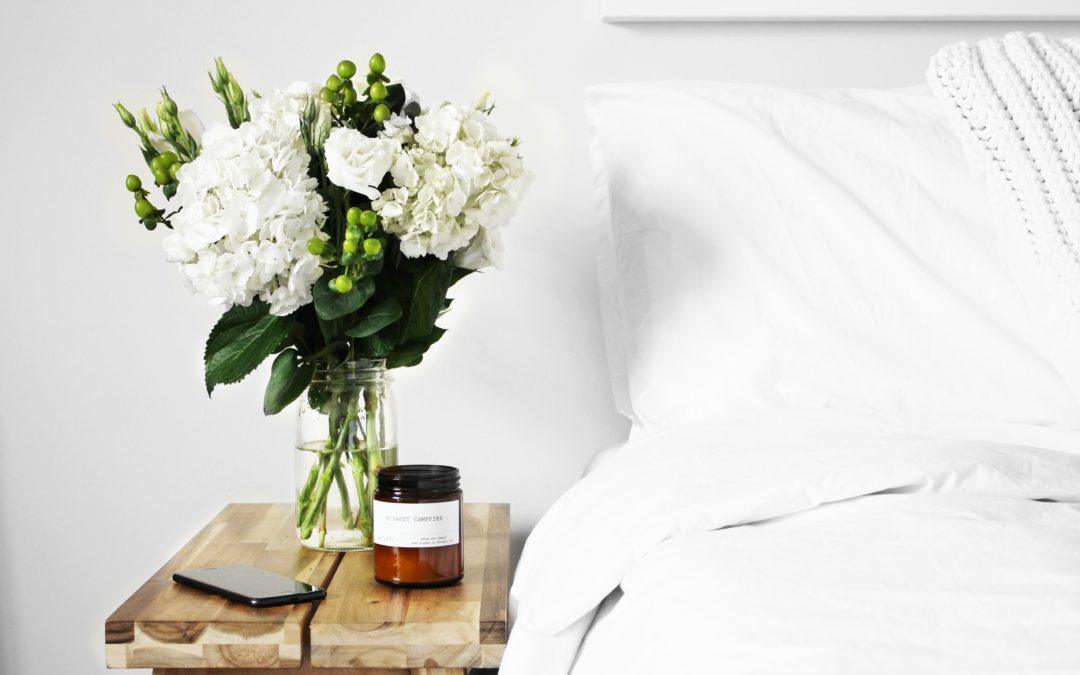COVID-19 lockdown has impacted our lives in many ways. However, there is not enough attention being brought to lock down’s impact on our mental health or self-care. This means that we have to remind ourselves of the importance of self-care, mental health and relationships. Jenny Tinmouth is a qualified Health, Wellness, and Integral coach who works with individuals and groups. She believes that a supported personalised journey allows for a deeper and more effective coaching experience. “Currently I am home nursing my 93-year-old father, who had a stroke two years ago. Having now experienced caring as a professional who went on and off duty while caring for strangers, I now find myself in nursing a loved one on a continual basis. This has given me a deeper understanding and appreciation for the challenge’s carers face.The importance of self-care has come to the fore in both my personal and professional Iife. To this end my love of the outdoors allows me to reconnect with what is important. Scuba diving is my go-to for de-stressing as it takes you into a world of weightlessness and beauty” says Jenny. We interviewed Jenny to discuss the importance of practising self-care during the lockdown, especially if you’re a caregiver.
We are definitely living in an interesting time, what impact does this lockdown have one someone’s mental state of mind?
We should not underestimate the cognitive and emotional impact that a lockdown brings. As people are individuals, each will experience and respond to the lockdown in different ways. Adaptation will take time as we settle into this new way of being. It is natural to feel fear, stress, anxiety, agitation, loneliness and even anger. Slumps in motivation, states of distraction, difficulty concentrating, and a sense of overwhelm could also be added to the mix. A prolonged lockdown will begin to have serious negative effects on mental health. These could include mood changes, emotional problems, depression, withdrawal and the exacerbation of any pre-existing mental health issues. Go easy on yourself.
We imagine that caregivers are double impacted during this time, caregiving already comes with its sets of challenges. Why is self-care important?
Self-care needs to become a priority as caregiving strains even the most resilient. All the love or sense of duty will not protect caregivers from the emotional and physical roller coaster journey involved. Research has shown that experiencing mental or emotional strain combined with the physical demands of caregiving places carers at risk for significant health problems. Self-care is not selfish; in fact, it is the exact opposite. You can’t pour from an empty jug. Think about the oxygen mask instruction on aeroplanes. – the message being that by putting on your own oxygen mask first, you will you then be in a position to help others, without it you are not. Self-care is about taking responsibility for your personal well-being so you can be ready and able to be in service of others.
Do you have any tips or advice for caregivers and how they can practice self-care during this time?
Self-care, although a simple concept, in theory, is something we also very often overlook. What is self-care? Self-care is deliberately taking care of our well-being through restorative activities that are integrated into our daily lives. In times like this, the number one thing all experts agree on is, it is essential to create a routine. Routines provide structure and normalize the abnormal. They allow us to feel more in control. Routines support us in making room for what is important and help us cope with change. Time can be used without it feeling insurmountable. Start small, plan out events and goals, creating clear distinctions between your carer activities and your personal needs, then write them down and stick to them.
So, make self-care part of your routine now. A self-care toolkit will look different for everyone, but here are a few ideas:
- Breathe – Several times a day, take a moment for a few slow deep breaths. Breathing helps ground and calm us. (This is my go-to practise when I feel overwhelmed, anxious or just plain tired.)
- Pace yourself – You can only do so much. Use the identifiers of ‘must, should and could’, to help you prioritise.
- Keep to good health habits – Make sure you are getting enough regular quality sleep. Get into the habit of getting up and going to bed at the same time each day. Stay hydrated. Eat regularly and healthily. Stay away from fast foods, as these have limited nutritional value, rather choose plant-based foods. Learn to cook something new. Prioritize aerobic exercise as it is vital for stress reduction. Yoga is great stretching and relaxing. Youtube has home exercise and yoga videos. Limit caffeine, alcohol and addictive substances – why do you limit these
- Allow yourself a break – You need down time, and me-time. Make sure that you have some time to yourself to relax or to do something which is just for you. Do calming activities that you enjoy, start reading a book, try journaling, or meditating, listen to music or start an arts-and-crafts project. Take a break from information overload and media coverage around COVID-19.
- Seek help and support when you need it – Reach out to others. Every carer needs support be it discuss their feelings, seek advice or call in additional help.
Social distancing doesn’t mean total isolation, how can caregivers still connect with others?
Physical distancing does not mean social isolation. Social connection and emotional support are vital to our health and wellbeing. Reach out to family, maintain your friendships, and connect with community groups. Technology has given us an array of tools to reduce our isolation. Call from phones, use WhatsApp, Facetime, Skype, Zoom, Google Hangouts, whatever you are comfortable with. People are now sharing mealtimes and socials with each other using technology, join the fun.
About Jenny Tinmouth

 Hi, I’m Jenny, Health, Wellness, Stress Management and Life coach; a believer in living a life with purpose and integrity. My focus is raising awareness, inspiring and motivating clients as they embrace new sustainable lifestyle practices which better support their goals – both in the workplace and at home.
Hi, I’m Jenny, Health, Wellness, Stress Management and Life coach; a believer in living a life with purpose and integrity. My focus is raising awareness, inspiring and motivating clients as they embrace new sustainable lifestyle practices which better support their goals – both in the workplace and at home.